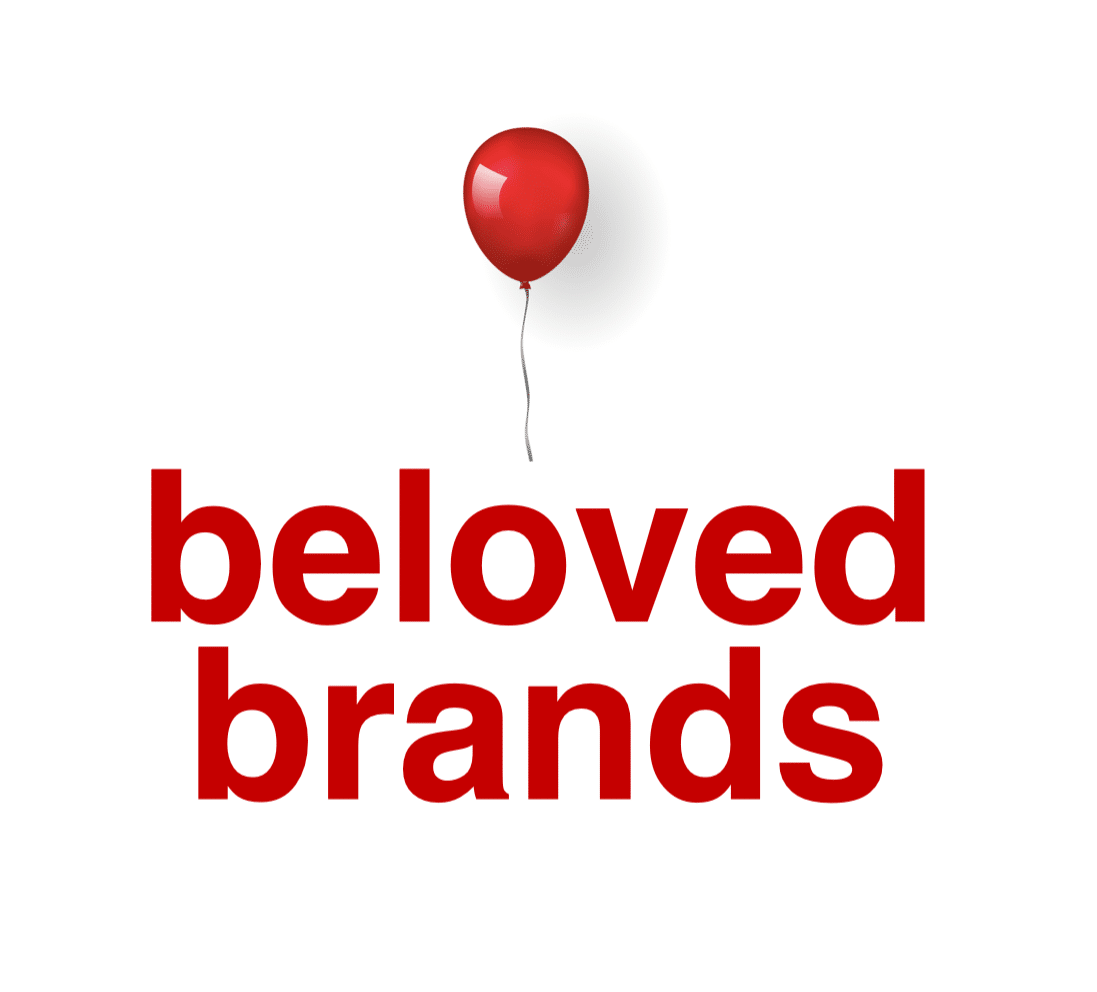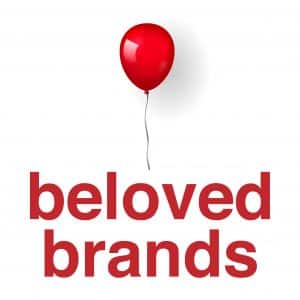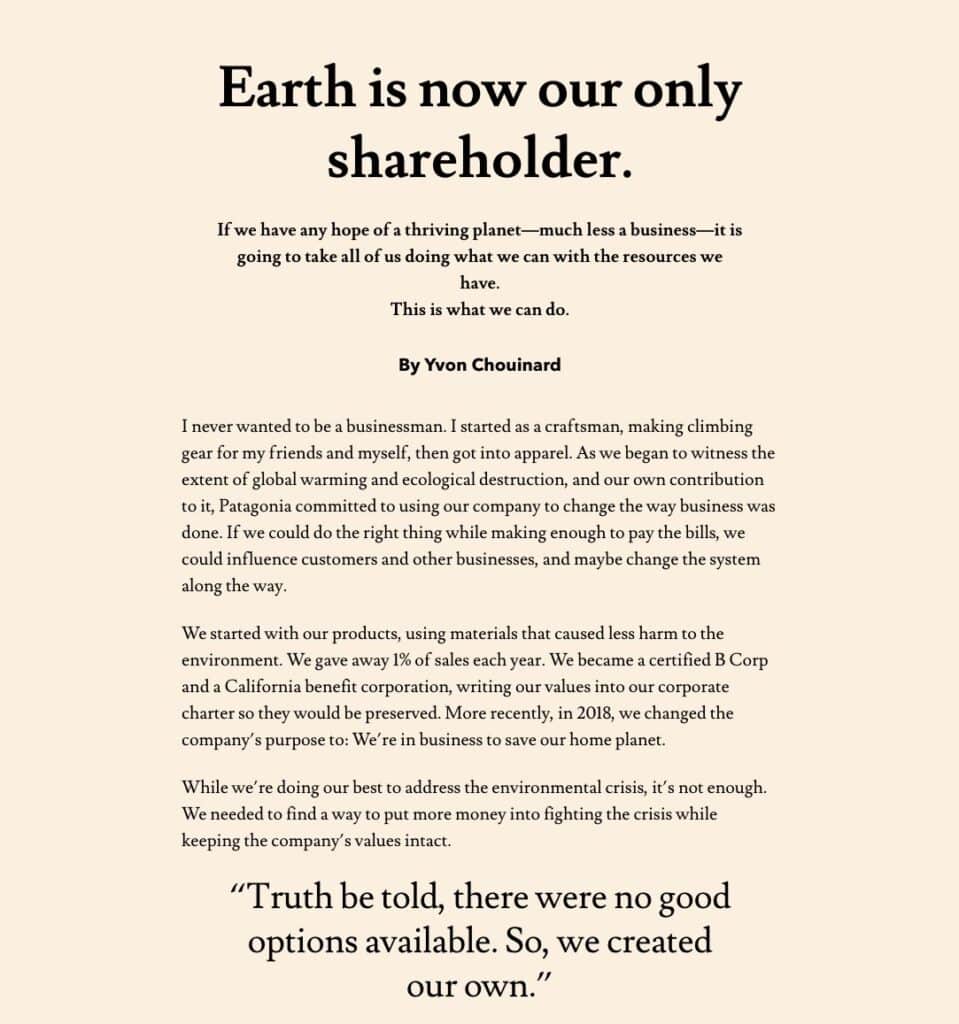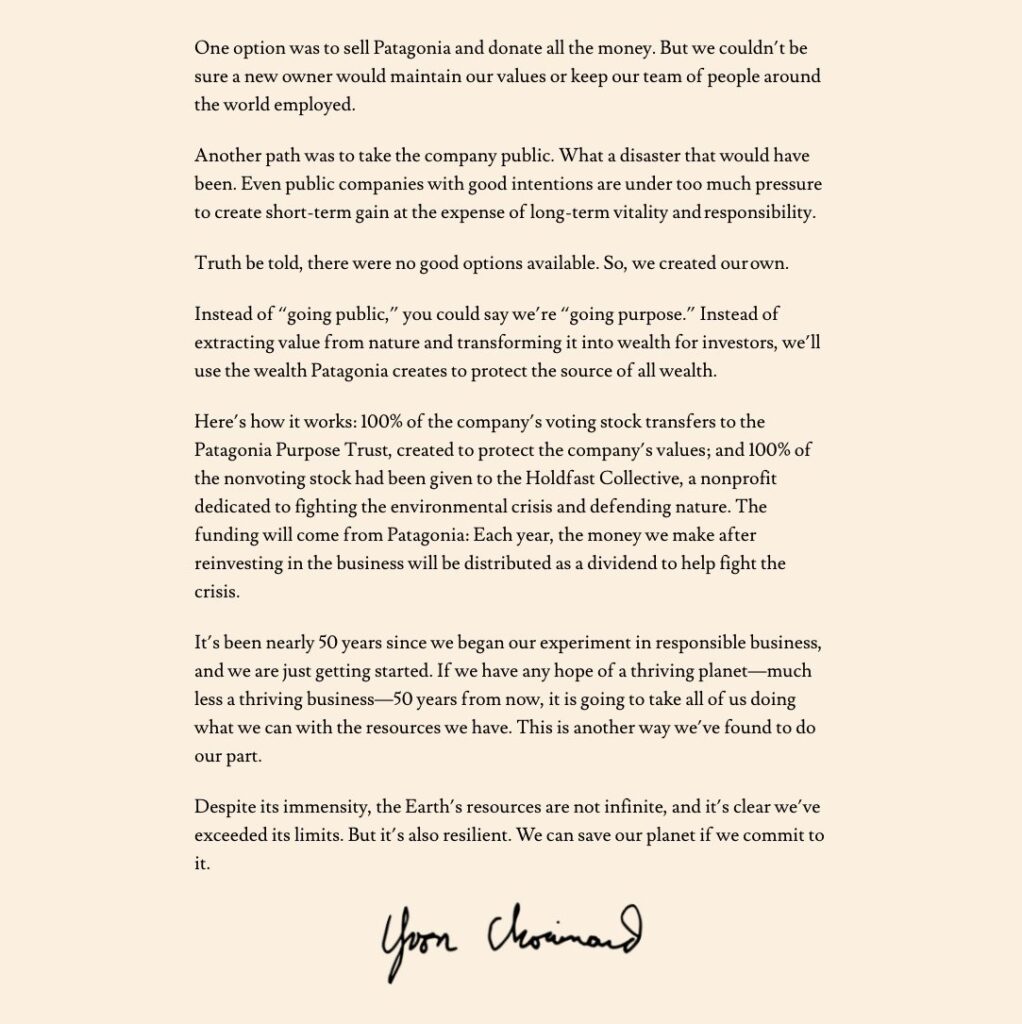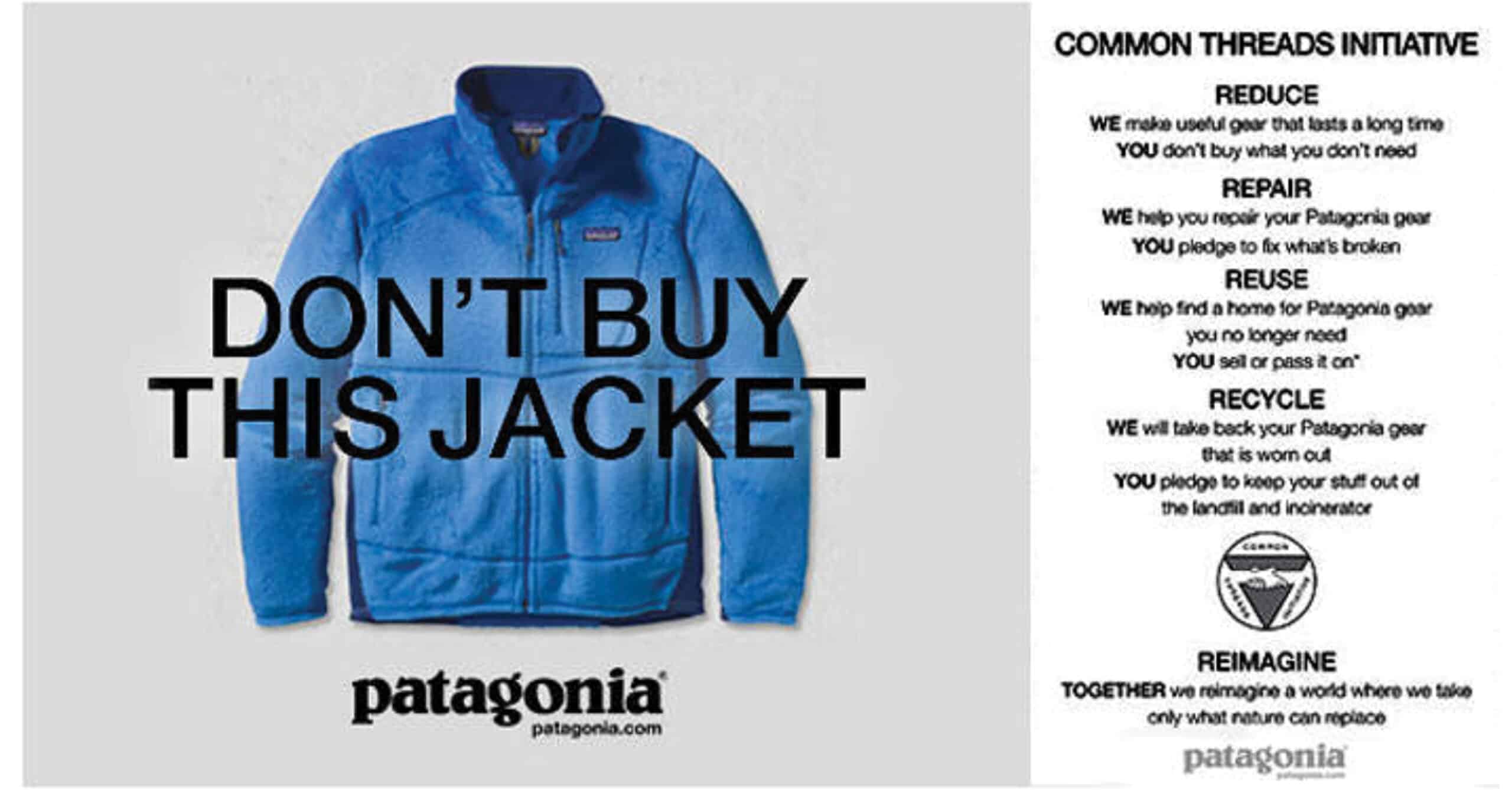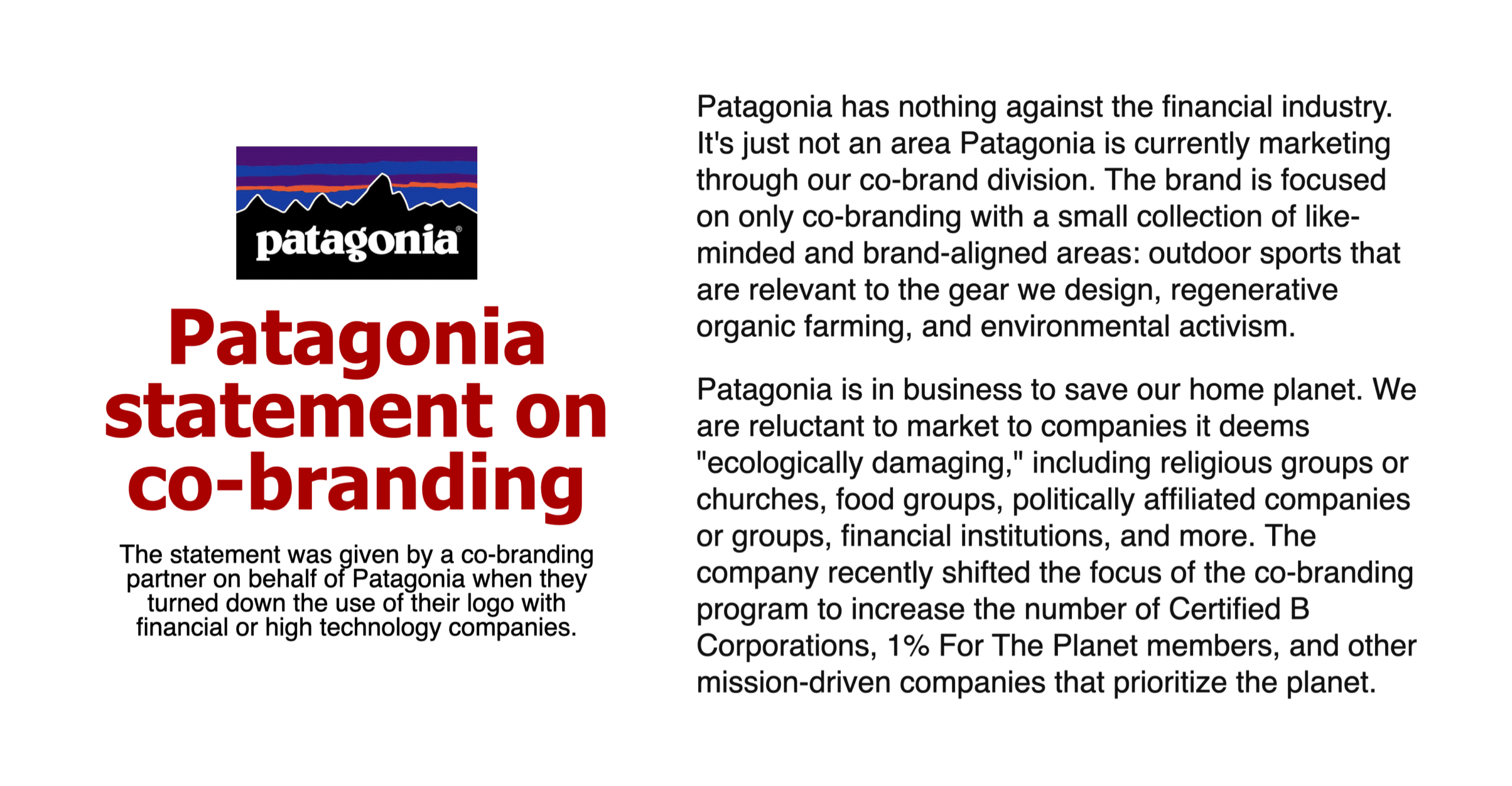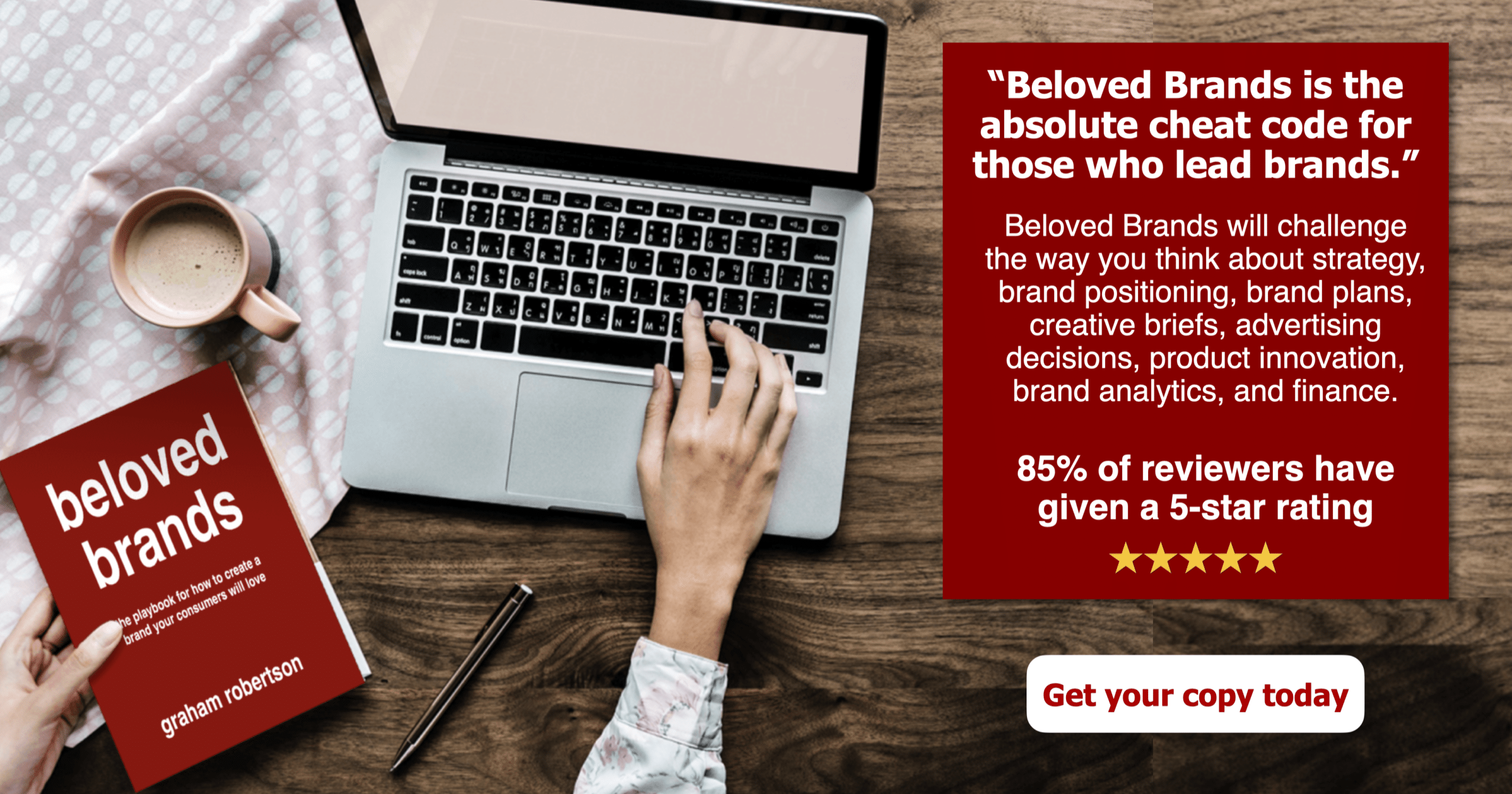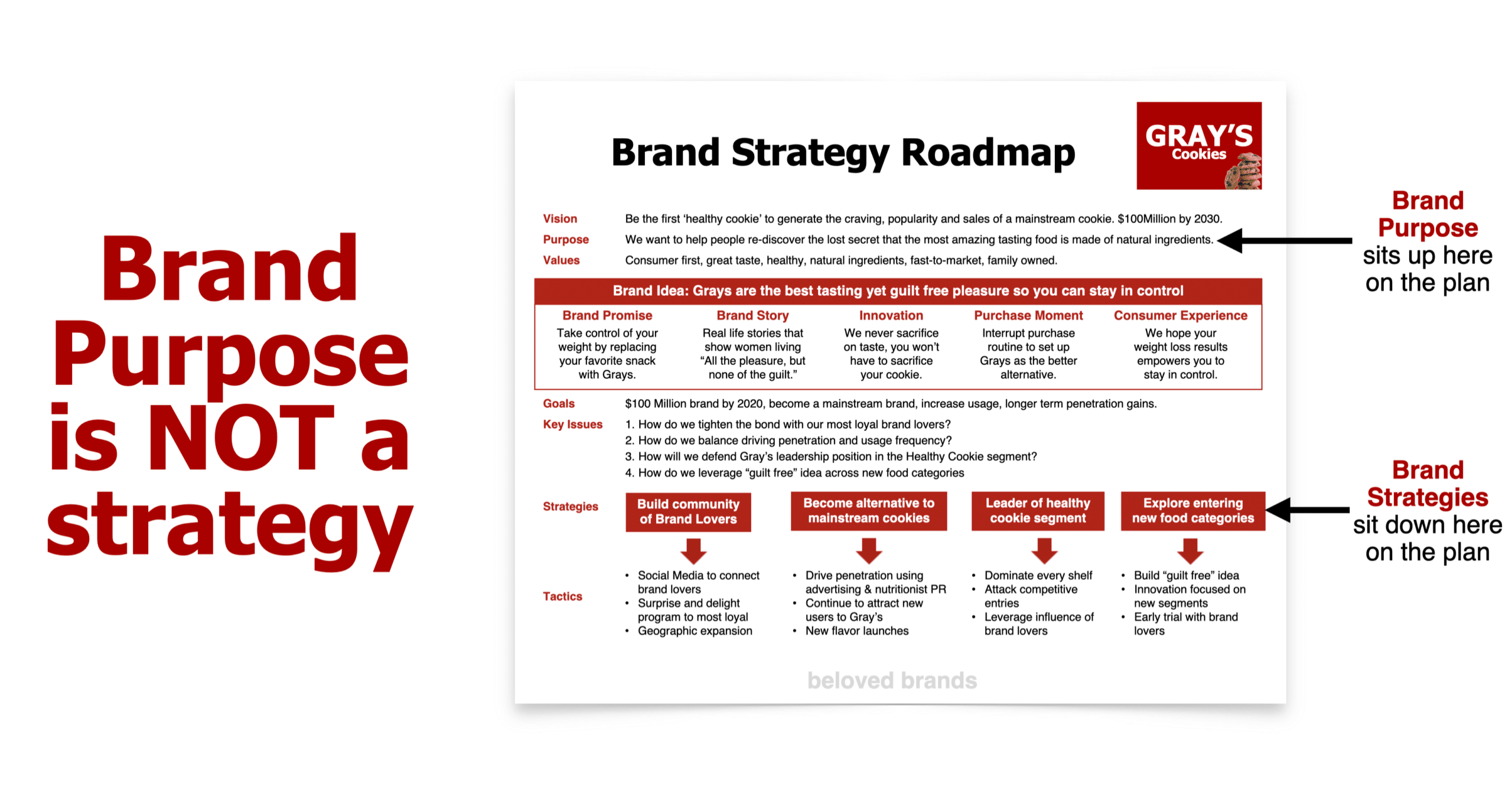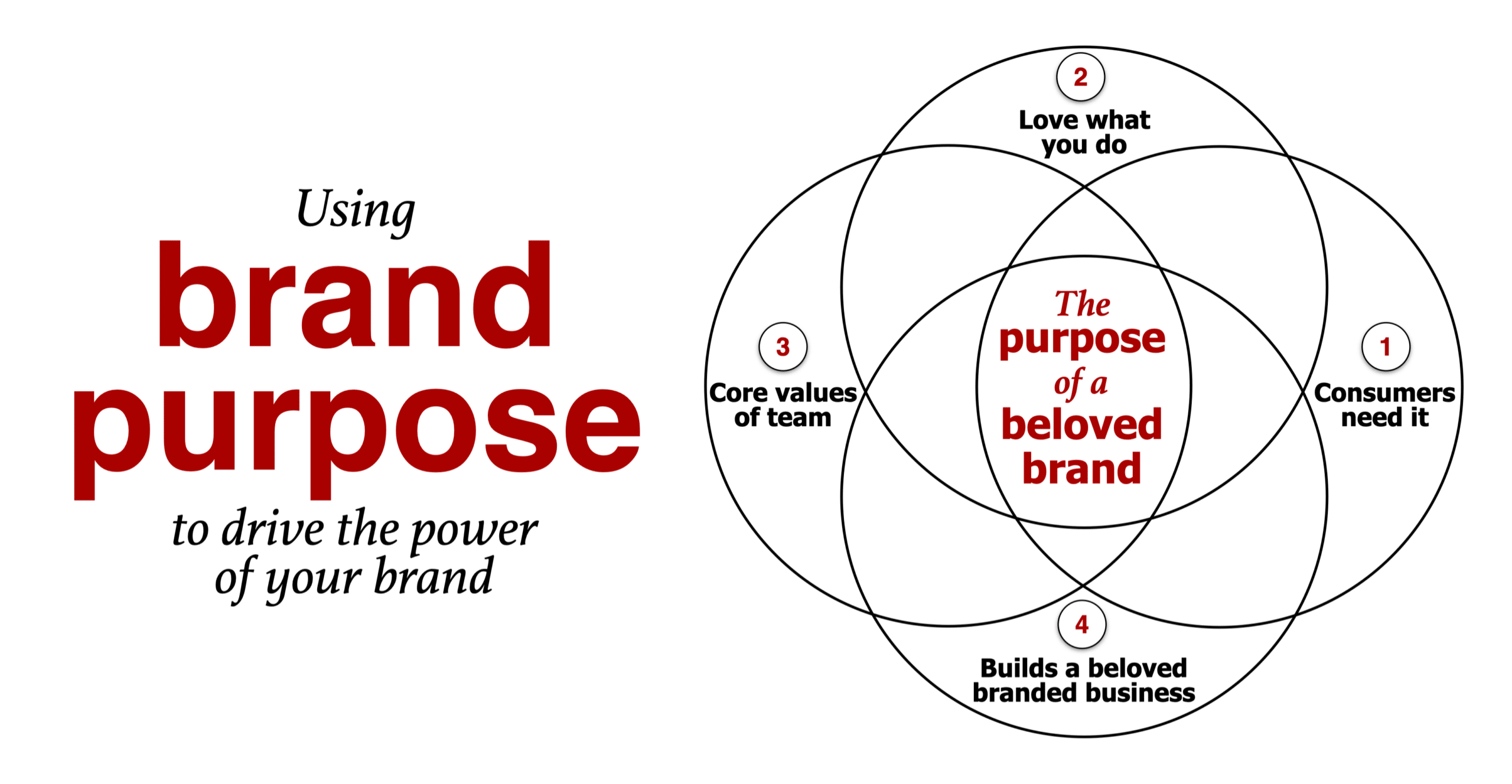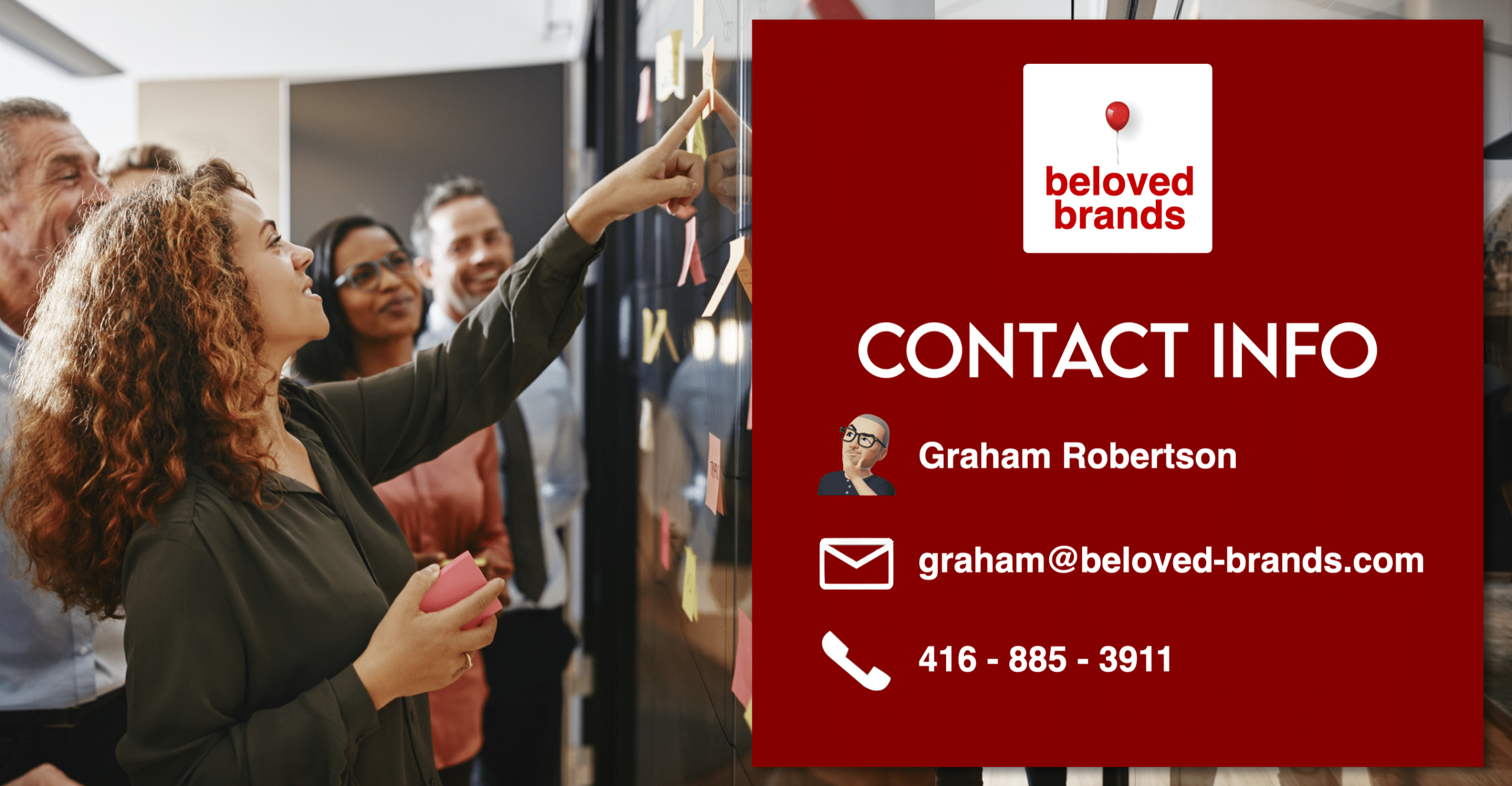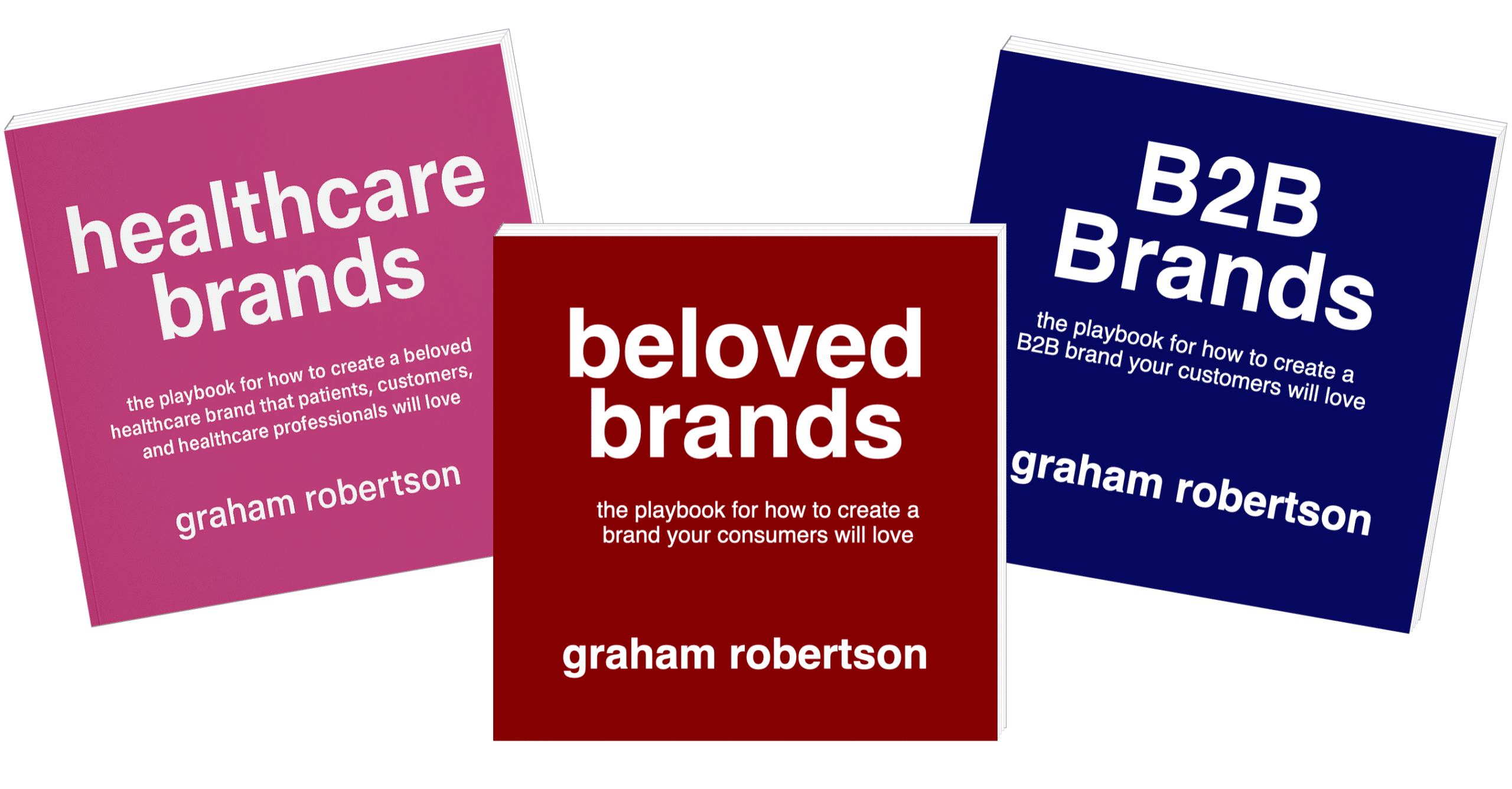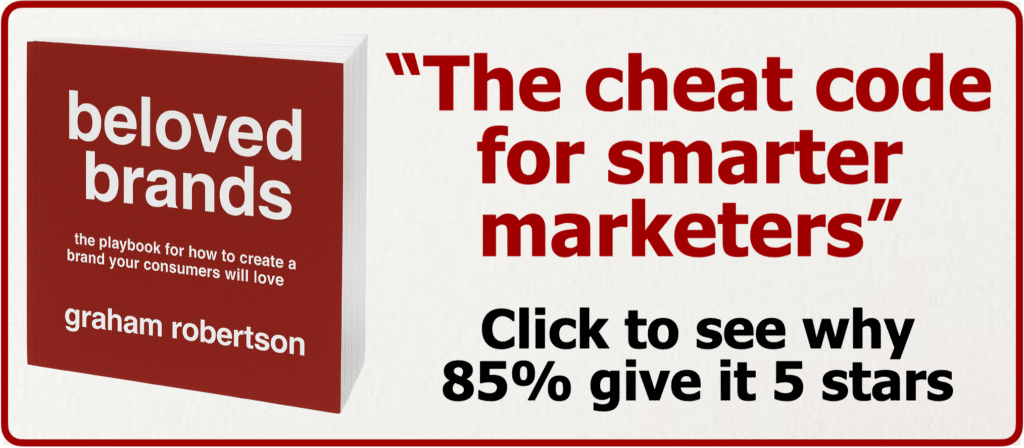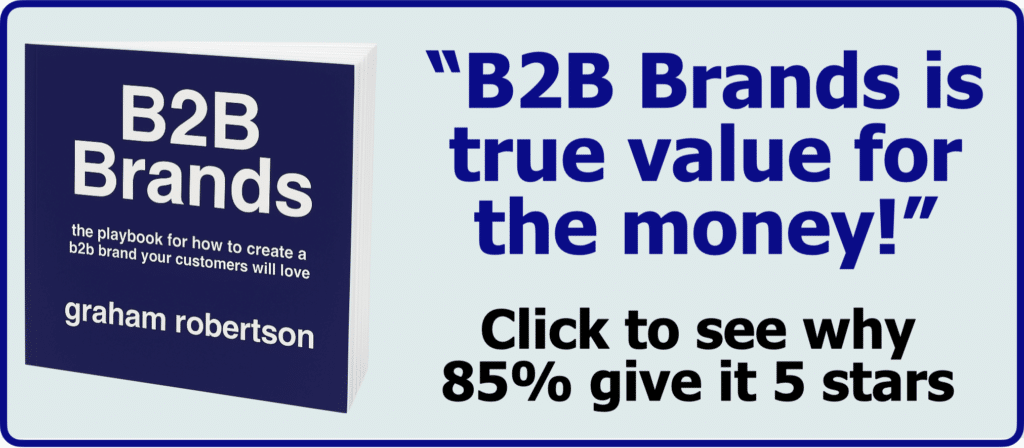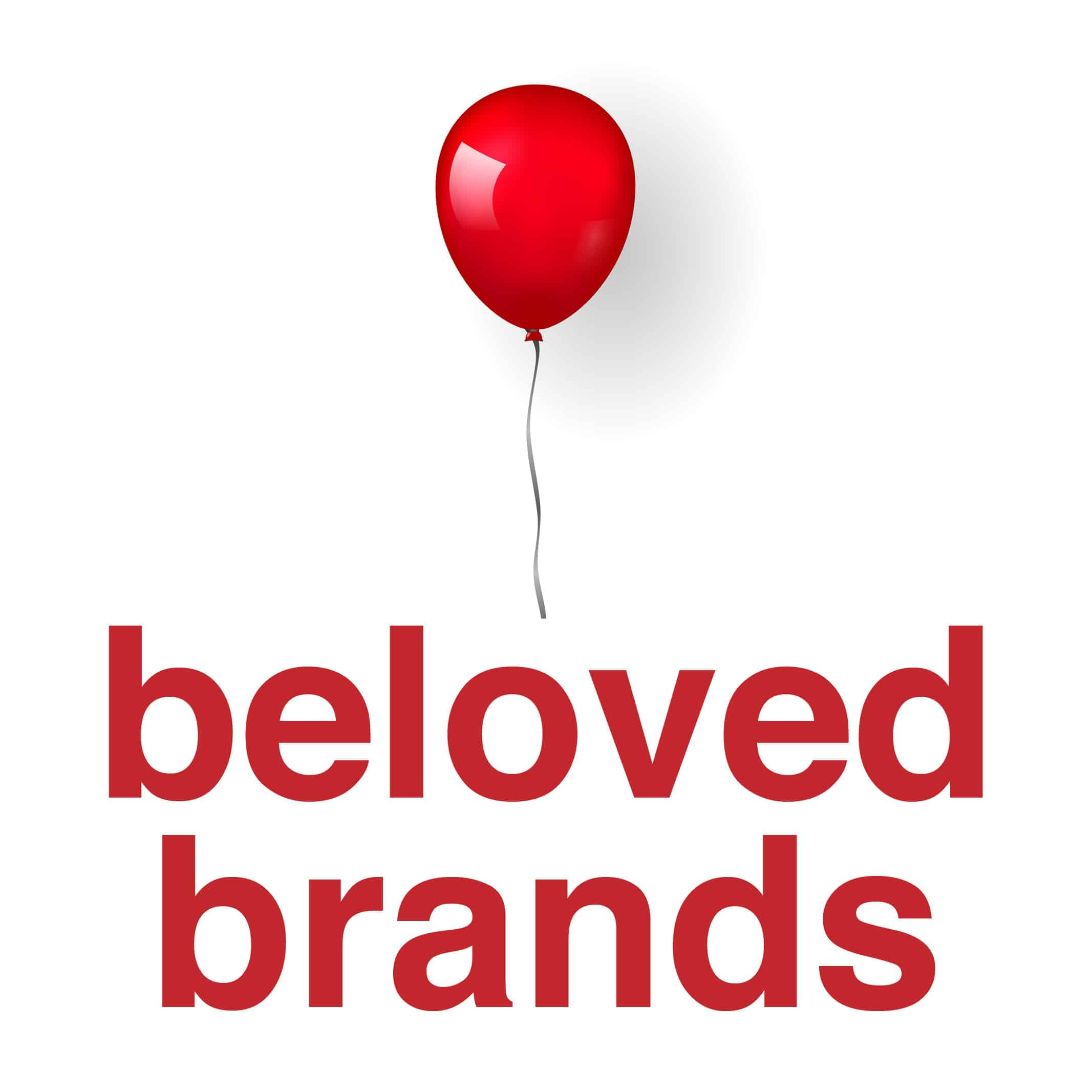Many Patagonia decisions run counter to what we expect from a profit-driven business. If you are a marketer looking to improve your knowledge about how brands do a great job staying true to themselves, our Patagonia case study will show how they use their brand purpose of “saving the planet” to steer their decisions and do the right thing. Most recently, Patagonia has announced they are giving away ownership of their company to earth.
Patagonia has made some decisions that copycat brands would never have the strength to do. Other examples how they live up to their brand purpose include telling customers not to buy their jackets because of over-consumption concerns. As well, they give 1% of profits to the environment, and they banned Wall Street bankers from buying their logo polar fleeces. Finally, Patagonia donated 100% of a $10 million tax savings from 2019 to the environment.
Patagonia has given away its ownership to the earth
Patagonia reinvents itself again: ‘We’re making Earth our only shareholder’
As of September 2022, Patagonia founder Yvon Chouinard has announced they are giving away their ownership of the company, worth $3 Billion. Essentially, Patagonia is dedicating all profits from the company to projects and organizations that will protect wild land and biodiversity and fight the climate crisis.
Patagonia will now be owned by a climate-focused trust and group of nonprofit organizations, called the Patagonia Purpose Trust and the Holdfast Collective respectively. Clearly, the company said in a statement that “every dollar that is not reinvested back into Patagonia will be distributed as dividends to protect the planet.”
To illustrate, click on the letter below to zoom in.
To view, click on each Patagonia case study document above to zoom in.
Patagonia's 'Don't buy this jacket' ad.
A few years ago, they were trying to figure out how to handle Black Friday. They launched a campaign encouraging their consumers not to buy a new Patagonia jacket. Ok, now that’s crazy.
Why? Everything they make takes something from the planet we can’t give back. Each piece of Patagonia clothing, whether or not it’s organic or uses recycled materials, emits several times its weight in greenhouse gases, generates at least another half garment’s worth of scrap, and draws down copious amounts of freshwater now growing scarce everywhere on the planet.
The Patagonia case study is highlighted with an ad in the New York Times asking people to buy less on Black Friday. Yes, they are in business to make and sell products. Yes, they need to make money, and they are growing. But they want to make sure they address the risks of consumerism and don’t want to show up hypocritical.
To illustrate, click on the Patagonia “Don’t Buy This Jacket” ad as part of our Patagonia case study.
Patagonia builds trust through transparency.
Patagonia refuses to sell to Wall Street or Silicon Valley
One of the keys to building trust is being transparent. If you’re not transparent, then you won’t build trust. You need to be honest and open about who you are and what you do. This means telling your story and sharing your values.
A new part of our Patagonia case study is they will no longer sell co-branded fleeces into companies who do no share their purpose of saving the planet. That means no to Wall Street and no to Silicon Valley. The way they get around this is to stay they will only sell to those companies who are willing to give away 1% of their sales. Turning away willing customers, because they don’t share your views: that’s purpose. Below is an online communication where they turned away a bank from using their products.
To illustrate, click on the Patagonia Case study piece about not selling to Wall Street.
Patagonia's brand purpose is focused on the environment.
Patagonia is in business to save our home planet.
In addition to being authentic, it’s also important that your brand identity reflects your values. This means you should consider how your products will impact the world. For example, Patagonia has been known to donate money to environmental organizations and even give away free clothing to people who need it.
The Patagonia case study is the best example of standing behind the brand purpose. For years, Patagonia has used “We will build the best product, cause no unnecessary harm and use business to inspire” as their mission statement.” This year, they have dialed up their mission to “be in business to save our home planet.” That’s definitively purpose-driven.
Sensing many other brands are trying to copy the way they do purpose, The founder of Patagonia, Yvon Chouinard, now 81, has noted and said “Purpose is not a strategy”.
Chouinard further said, “You can’t reverse into a mission and values through marketing. The organizations that are struggling with this are probably the ones that are thinking about marketing first. The role of marketing is to authentically elevate that mission and purpose and engage people in it, but the purpose needs to be the business.”
This environmental stance is embedded into the culture. They have stated that when Patagonia has a job opening, all things being equal, they will hire someone committed to saving the planet no matter what the job is. No other company is that committed to its purpose.
To illustrate, click on the Patagonia Case Study example about the donation of their tax savings.
Patagonia believes purpose is not a strategy, and it's certainly not an ad
If you love brand purpose, you should treat it properly, and where it sits within your brand matters.
Brand purpose is NOT a strategy.
And, the brand purpose is NOT an advertising line.
Purpose answers, “Why does your brand exist?” It is the underlying personal motivation for why you do what you do. It gives your brand a soul. Moreover, it should sit very high on your plan. You can’t make up a purpose.
If you were a product-driven razor for 50 years like Gillette, it takes another 50 years to transition to a true purpose-driven brand. Your first audience of your purpose should be your employees, not consumers.
Purpose impacts the values and beliefs of your brand, which then impacts the expected behaviors of all those who work behind the scenes of the brand. Can you see now, how it takes time for it to sink in? One ad just won’t cut it.
To illustrate, click on the Brand Strategy Roadmap to show where the brand purpose should sit.
Don’t be ashamed of your real brand purpose because you likely can’t deliver the fake one you think is cool.
Be honest with yourself. If you are Pepsi, what the heck is wrong with making the world smile and dance? Not everyone has to save the world. Authentic means being true to yourself, not just appearing earnest in an ad.
Every brand should have a purpose. Not every brand should use it in their ads. Use purpose if it motivates consumers and is ownable for your brand.
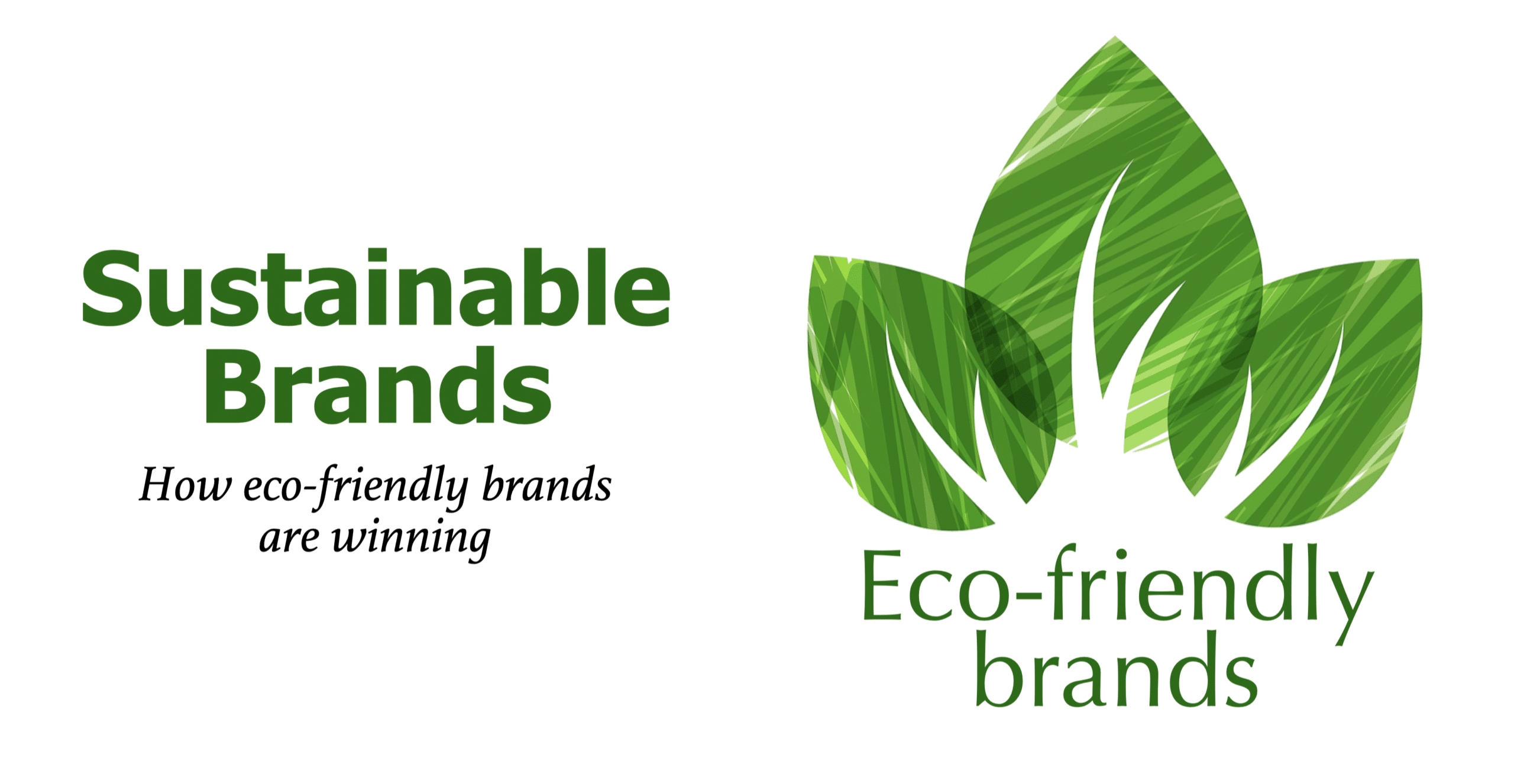
Using brand purpose
The biggest thing we can learn from the Patagonia case study is we can never be them.
Patagonia is uniquely laser-focused on the environment, not as a way to connect but as a life-long commitment to why they exist. Instead of trying to replicate Patagonia, read our story on finding your brand purpose: Click to read.
Patagonia brand FAQ
What is Patagonia known for brand?
Patagonia is a premium apparel brand known for its outdoor clothing. It’s also famous for various environmental sustainability efforts and controversial stance they use as part of their marketing effort. Patagonia, Inc. is an American retailer of outdoor clothing. It was founded by Yvon Chouinard in 1973 and is based in Ventura, California. Recently, Patagonia has given up ownership into a trust that will help fund environmental issues.
What is so special about Patagonia?
While Patagonia makes high quality clothing products, a lot of marketers see Patagonia as a role model for brand purpose. There have been many presentations and books written on brand purpose. The famous “golden circles” video by Simon Sinek, the author of “Start with Why” has lots of flaws. He argues Apple to exists to challenge the status quo because Steve Jobs wanted to “make a dent in the universe.” The reality is Apple’s success comes from understanding the consumer, and making technology simpler so consumers can do more and feel smarter.
I love the Patagonia story. Yes, they do a great job living their brand purpose, but it would be hard for other brands to replicate. First, Patagonia is owner operated. Second, the environment fits well with what they sell. Those who buy outdoor clothing are more likely to be supporters of the environment. Third, they have brand purpose as part of their core.
Other brands make a mistake when they try to turn ‘brand purpose’ into marketing tactic. They make a TV ad. However, consumers are doubtful when the rest of the brand does not line up with the stated purpose. To me, the best brand purpose should ooze throughout the culture of the company. Importantly, every employee should live the purpose.
Another mistake I see is mixing up brand purpose with a political stance. A brand purpose can be very important to a brand. But, stop thinking it has to be huge. A successful brand purpose can be small and personal. For example, our Gray’s Cookies case study uses “We make healthy cookies that taste great” as the brand purpose. Clearly, that’s a small purpose. However, it’s likely very personal to those who work on the brand. That can be an amazing brand purpose.
What is a brand purpose?
Finding your brand purpose answers the big question of “Why does your brand exist?” It should force you to explore the underlying personal and honest motivation for your actions.
Ikigai (生き甲斐) is a Japanese concept that means “a reason for being.” It is an intersection of what you are good at, what you love, what the world needs, and what you can be paid for.
Brand purpose can be a powerful way to connect with both employees and consumers, helping define your brand soul. While this Venn diagram looks somewhat crazy at first, trust me, it works as an excellent tool for building your brand’s purpose. This Venn diagram has four significant factors which match up:
- Does it fit with what consumers need or want?
- Does it fit the core values of your team?
- Does it deliver your passion in loving what you do?
- Can you build a beloved & successful business?
Your brand purpose will come to life at the intersection that meets the consumer needs, fulfills your passion, stands behind your values, and yet still builds a successful branded business.
